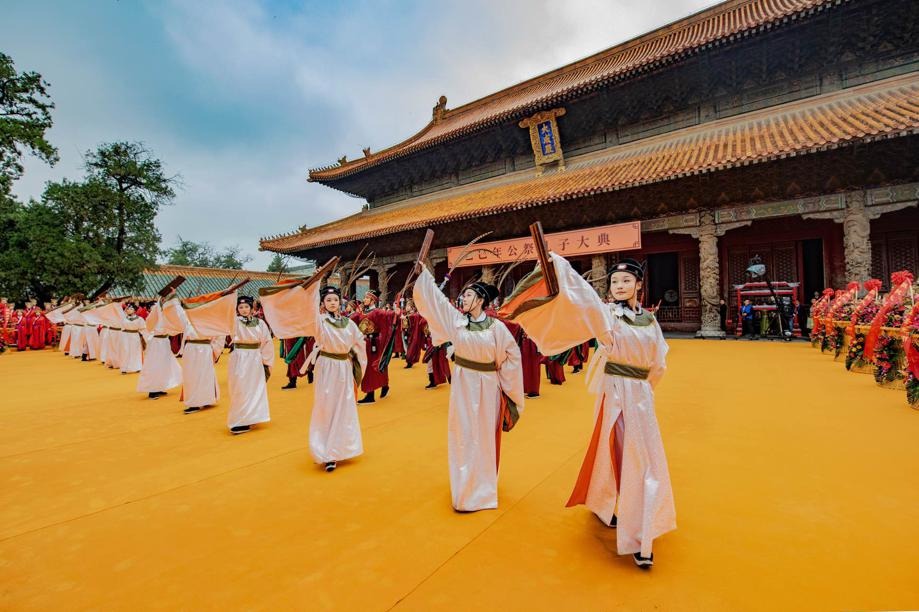CPC Central Committee to hold plenum
Drafting nation's 15th Five-Year Plan key to achieving modernization goals

The Communist Party of China will convene a key leadership meeting from Oct 20 to 23 in Beijing to map out priorities of the nation's 15th Five-Year Plan (2026-30), a blueprint that will shape the nation's economic and social agenda and lay the groundwork for its long-term modernization goals.
The date for the fourth plenary session of the 20th Communist Party of China Central Committee was set at a meeting of the Political Bureau of the CPC Central Committee on Monday. Xi Jinping, general secretary of the CPC Central Committee, presided over the meeting.
Five-year plans are crucial strategic documents guiding China's medium- and long-term development, which outline national goals, major tasks and policy directions in various sectors for each five-year period.
During Monday's meeting, the Political Bureau was briefed about the opinions solicited from within and outside the CPC about a document on the CPC Central Committee's proposals for formulating the next five-year plan. It was decided at the meeting that the document will be revised based on the discussion at the meeting and submitted to the fourth plenary session for deliberation.
The plenary session will take place as China nears the completion of its 14th Five-Year Plan (2021-25), which has yielded significant achievements. The country is now gearing up to establish priorities for the upcoming 2026-30 period.
The meeting highlighted the importance of upholding the Party's overall leadership during the 15th Five-Year Plan period.
With a focus on putting people first, efforts should be made to ensure that more benefits of modernization are shared more fairly among all the people, the meeting said.
It stressed the need to stay committed to high-quality development, foster new quality productive forces in line with local conditions, and comprehensively deepen reform while further expanding high-level opening-up.
China will promote better interplay between an efficient market and a well-functioning government, giving full play to the decisive role of the market in the allocation of resources and ensuring that the government plays its role better, said a statement released after the meeting.
In accordance with the strategic plan for building China into a great modern socialist country in all respects, as outlined at the 20th CPC National Congress in 2022, China will basically achieve socialist modernization by 2035 through the implementation of the 14th, 15th and 16th five-year plans.
Since the start of this year, Xi has made a series of instructions to chart the course for the formulation of the 15th Five-Year Plan.
During an inspection tour to Shanghai in April, Xi said at a symposium on China's economic and social development in the 2026-30 period that "the planning must focus on the goal of basically realizing socialist modernization, with a view to building a great country and advancing national rejuvenation".
In an instruction in May, he stressed sound, democratic and law-based decision-making to ensure high-quality formulation of the five-year plan.
He also emphasized the importance of integrating top-level design with seeking advice from the public, enhancing research and discussions, and building broad consensus.
The General Office of the Standing Committee of the National People's Congress, China's top legislature, noted in a report released earlier this month that guiding economic and social development with medium-and long-term plans is an important approach adopted by the Party in governing the country.
Practice has proved that medium-and long-term development plans can not only give full play to the decisive role of the market in resource allocation, but also better leverage the role of the government, the report said.
In a report released on Sunday, China Galaxy Securities said it believes that the key focuses during the 15th Five-Year Plan period will include promoting technological innovation, boosting domestic demand, addressing "involution-style" competition, advancing market-based reforms for the allocation of production factors, building a green and low-carbon economy, and enhancing people's well-being.




































